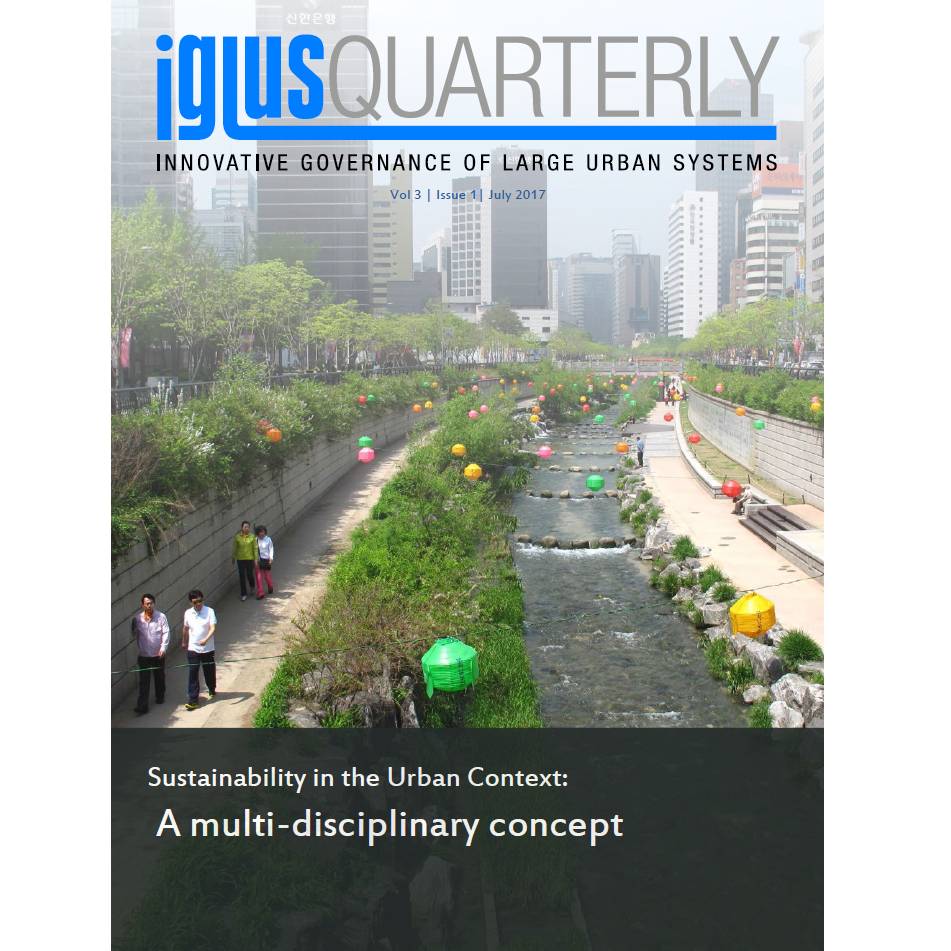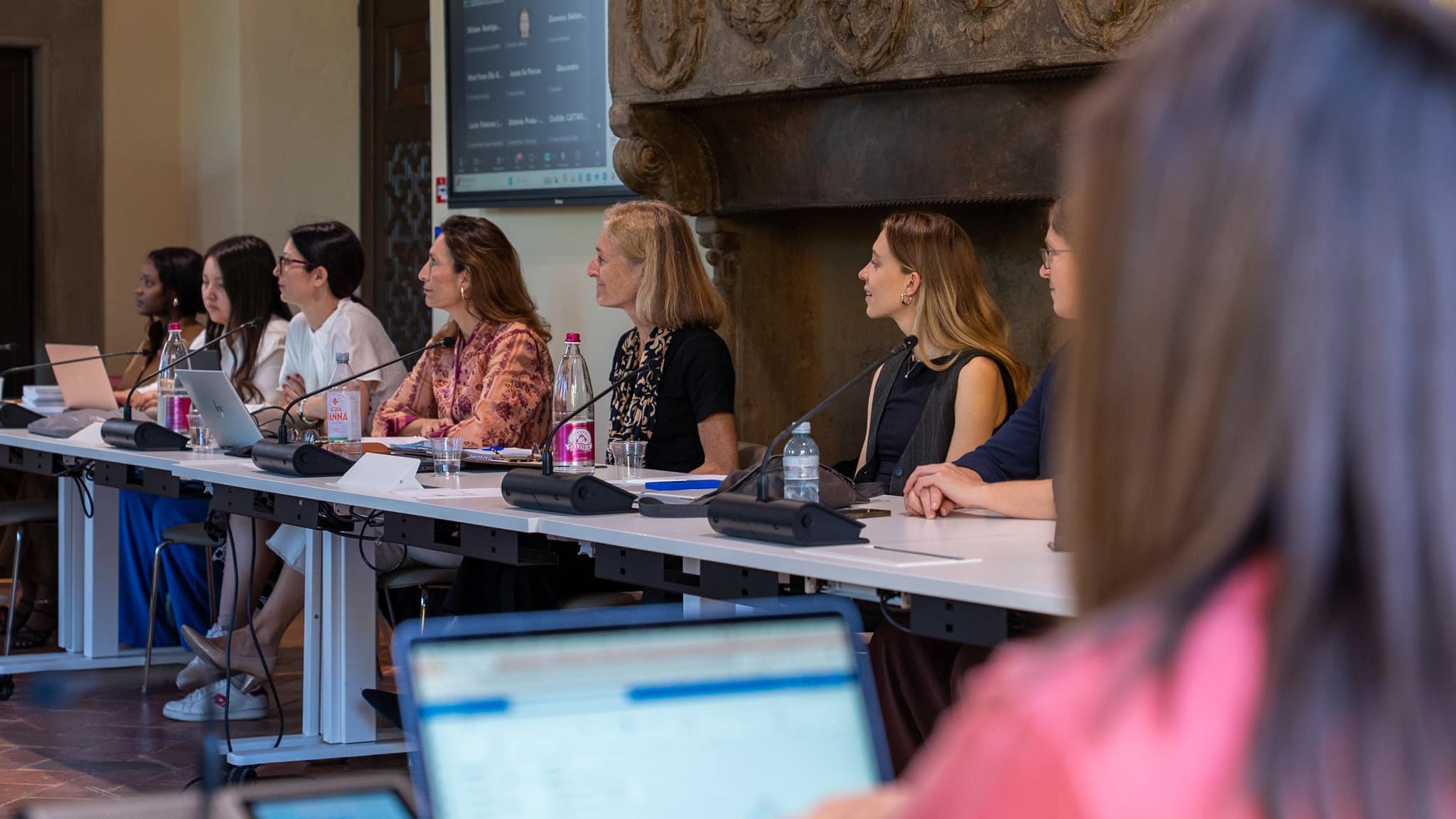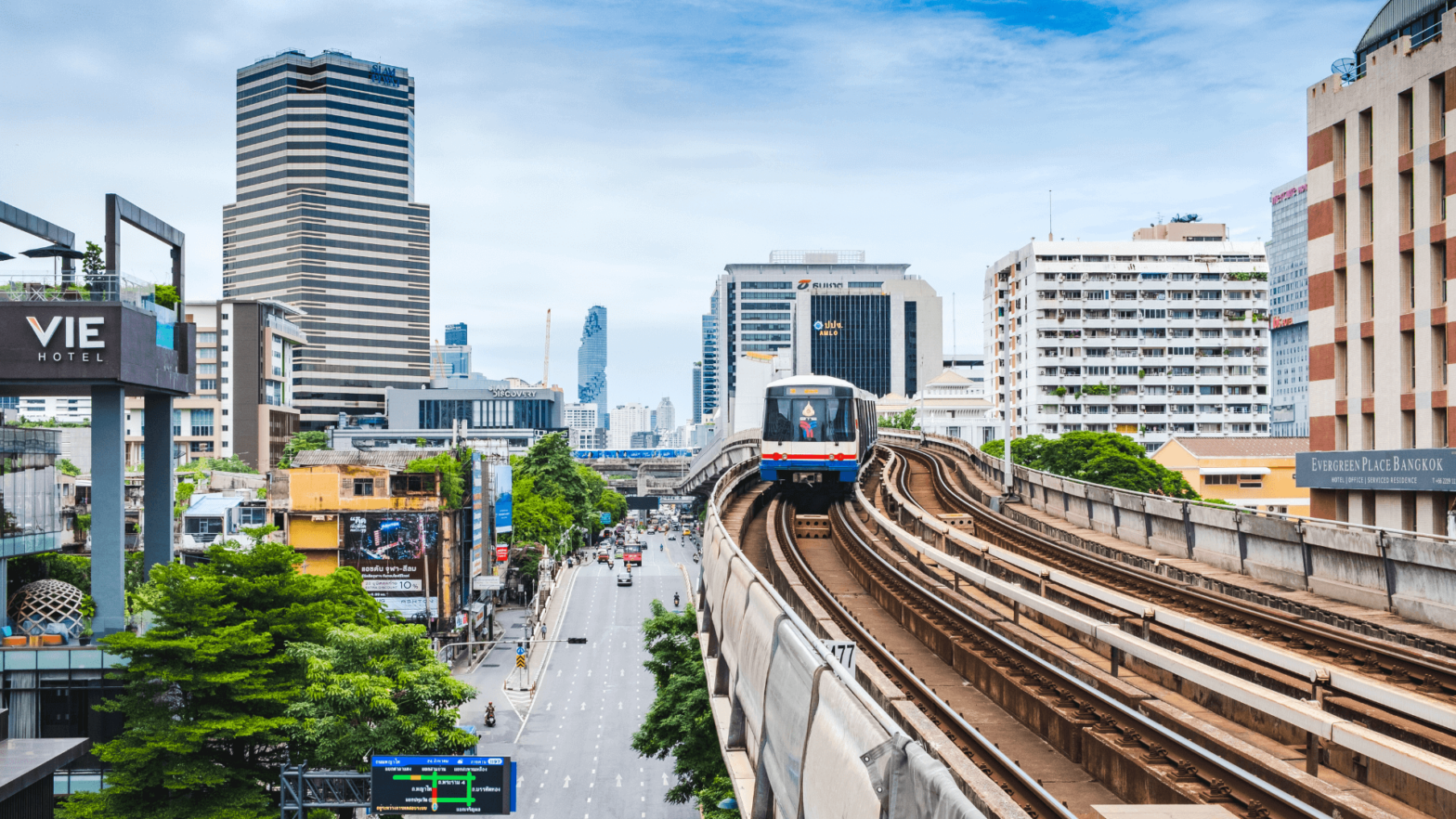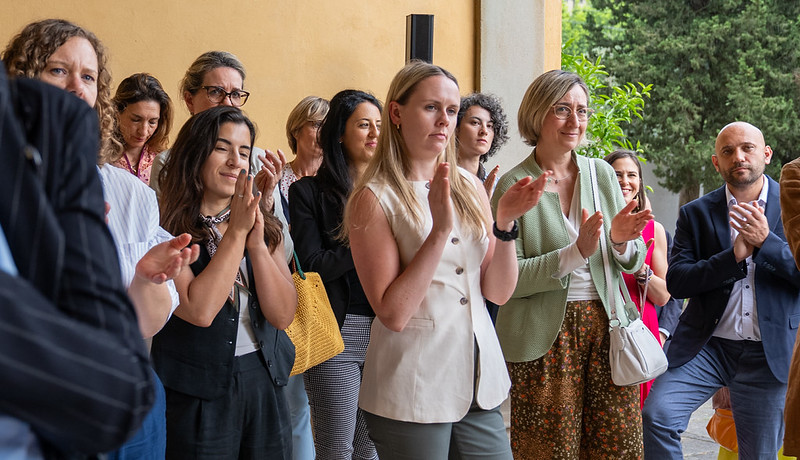IGLUS Quarterly, Vol. 3, No. 1 – Sustainability in the Urban Context: A multi-disciplinary concept

The IGLUS platform promotes innovative governance practices that can contribute to improve the efficiency, resilience and sustainability in cities. The definition and quantification of each of these performance dimensions presents an important challenge, but it seems that in recent years, sustainable policy, sustainable development and plain-old sustainability have become especially important buzzwords in the urban context. The Bruntdland Commission’s original definition of sustainable development as “development that meets the needs of today without compromising the ability of future generations to meet their own needs” remains the most commonly cited definition. But in reality, the concept has been expanded far beyond this basic definition, and today, in the urban context it is essential that sustainable governance address not only the traditional environmental notion of the concept, but development programs must equally consider its economic and social dimensions.
In this edition of IGLUS Quarterly we pay homage to this expanding definition of sustainability and present you with five articles that broadly touch on the topic from five different perspectives.
In the first article, Jerry Kolo defines the concept of the Large Urban System and all of its associated challenges. By introducing urban governance practices employed in the Abu Dhabi-Dubai-Sharjah region, he outlines three important lessons that can be taken from the case to facilitate sustainable regional governance in other evolving regions. In the second article, author Hillary Brown explains how the city of Lille, in France, was able to implement an integrative approach to infrastructure governance and effectively create a virtuous cycle that promoted both the economic and environmental sustainability of the city’s waste, transport and energy systems. Thirdly, Sandra Wapplehorst and colleagues from the Innovation Centre for Mobility and Societal Change in Berlin explain what the future of urban mobility will look like as we transition out of the fossil fuel era and into one that is centered around human-powered transport, electric vehicles, intermodality and technological innovation. Next in Detroit, Dean Hay recounts the evolution of the relationships between the city residents and the urban forest over the last century, and emphasizes that sustainable policy can not exist without the support and engagement of the citizens. In the final contribution, David Kasdan touches on an entirely different dimension of sustainability; one that pertains to the ultimate sustainability of the Smart City. By outlining the evolution from Ubiquitous ICTs to dataveillance and the associated privacy concerns, he describes the policy requirements and governance approaches that will be essential for ensuring citizen safety and privacy in this age of the Smart City.
Each of these articles present but a glimpse of sustainable governance practices. Ultimately, the concept is very complex and nuanced, but a city’s abilities to plan and develop in a sustainable manner are inherently linked with the future performance, which in turn relies on the city’s ability to adopt holistic, well-rounded and integrated approaches to policy development, planning,
utilization of technological innovation and citizen engagement.
We invite you to share your experience and join in on the discussion at www. iglus.org, and if feel you that there are innovative practices underway in your city-region and you would like to contribute to an upcoming edition of IGLUS Quarterly, we encourage you to contact Mohamad Razaghi and Rebecca Himsl at iglus@epfl.ch.
Download full pdf – IGLUS Quarterly – vol 3 – issue nr 1 – year 2017
Don’t miss any update on this topic
Sign up for free and access the latest publications and insights












